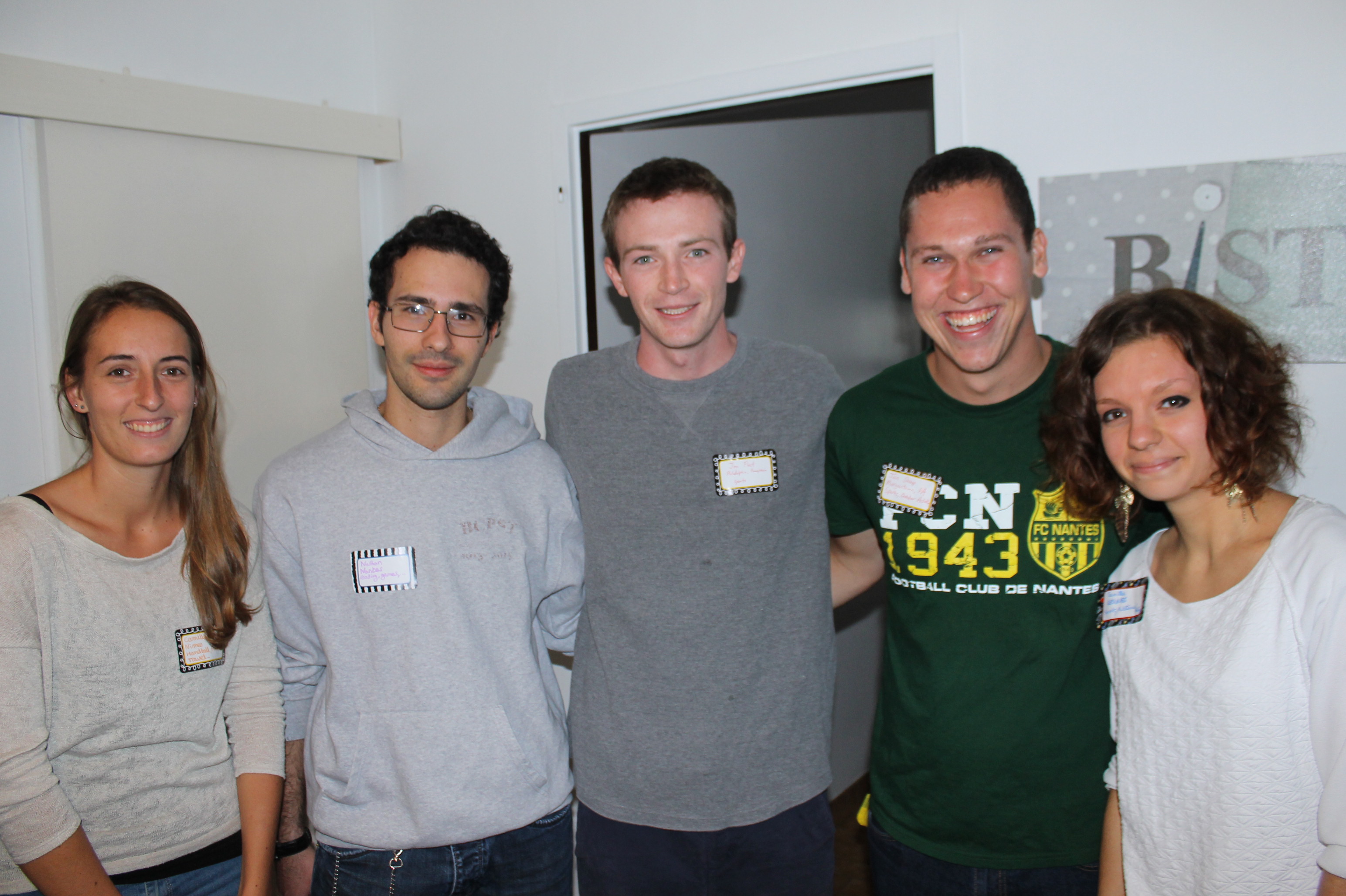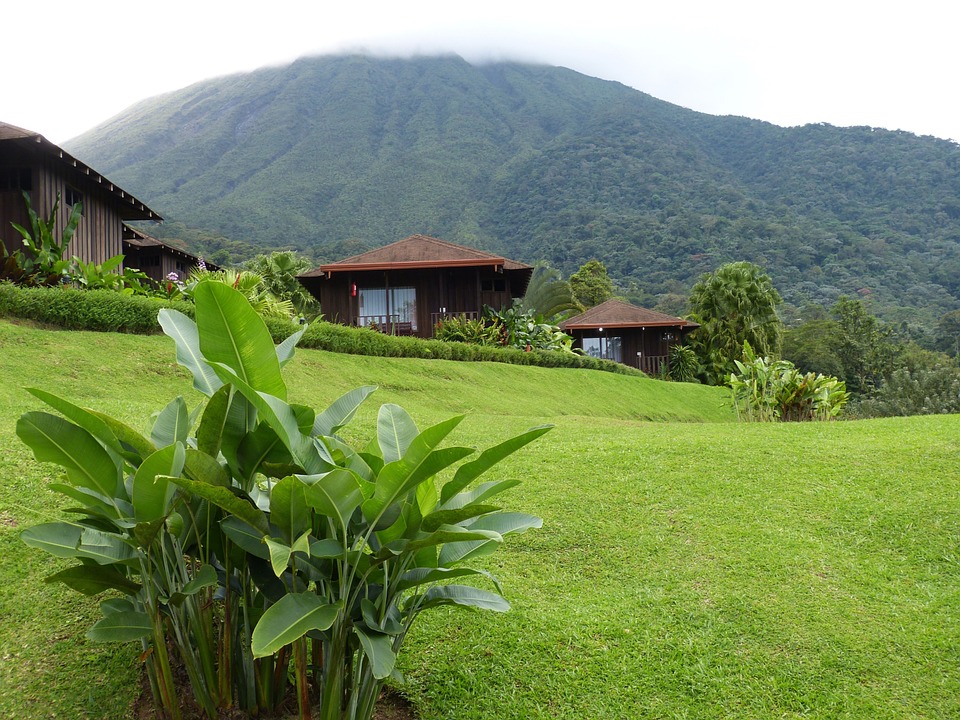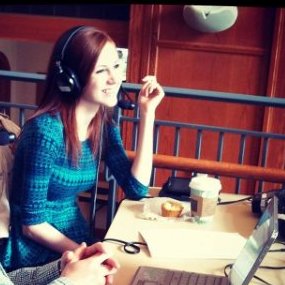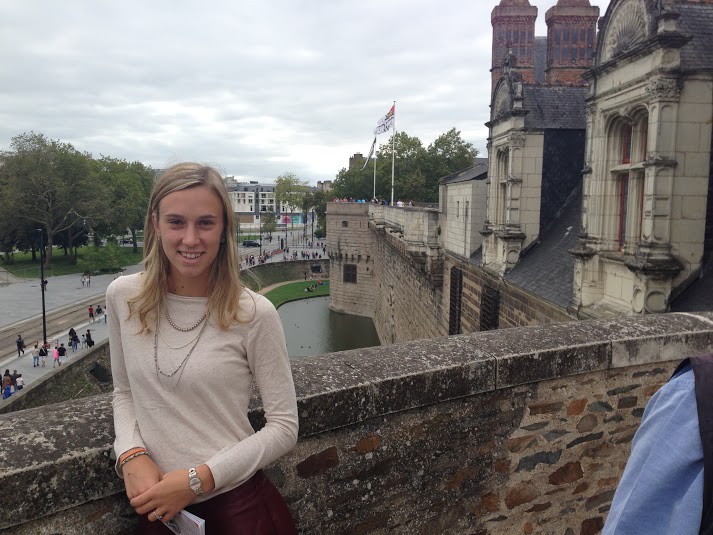Mind, Body, & Seoul
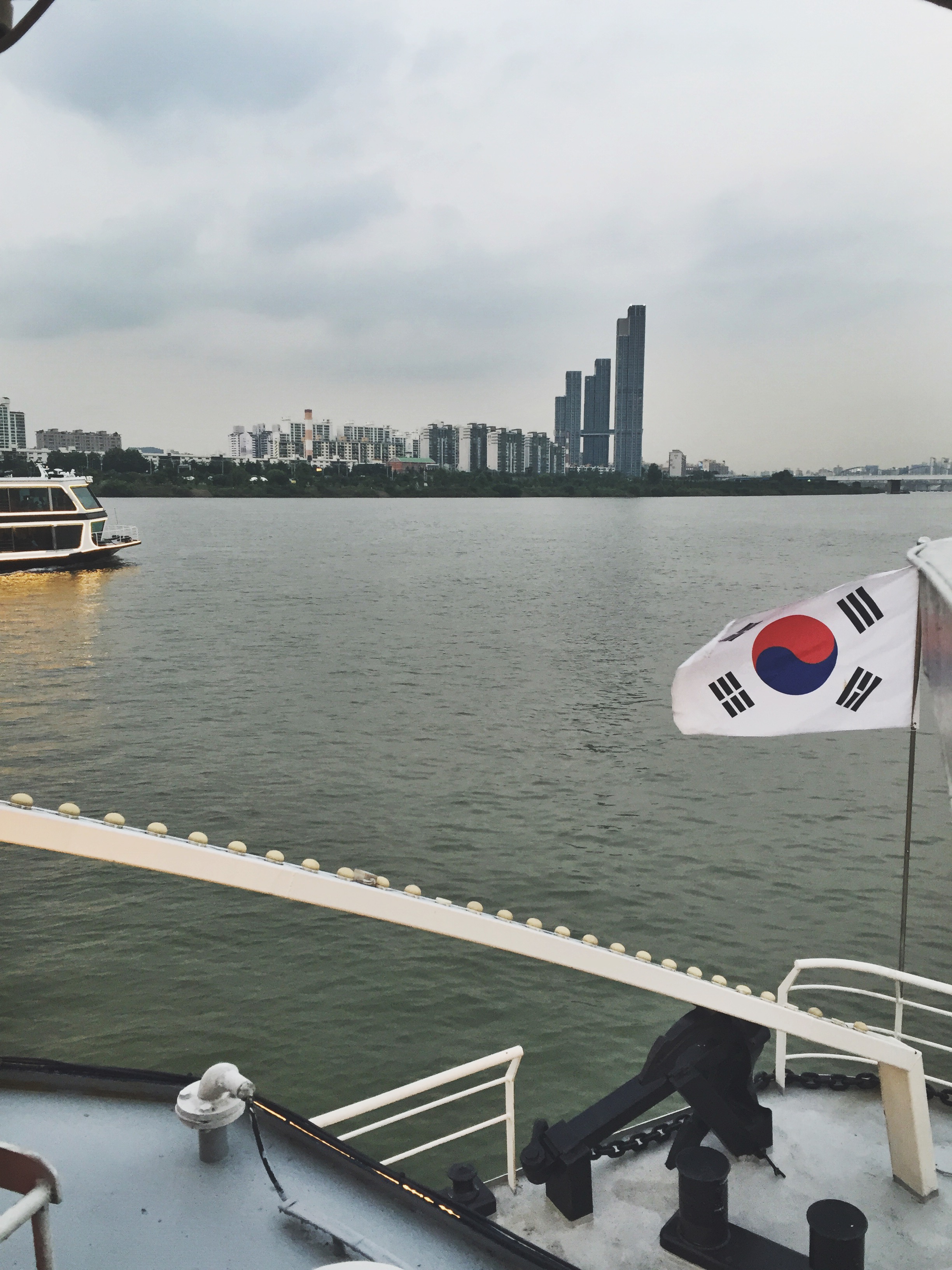
The Office of International Education (OIE) at Grove City College provides its students with an opportunity to be culturally immersed into the Korean culture through a unique exchange program called Bahrom International Program (BIP). Affiliated with Seoul Women’s University, the four-week program has been offered to both male and female GCC students for over 15 years. BIP matches international students […]
Read more